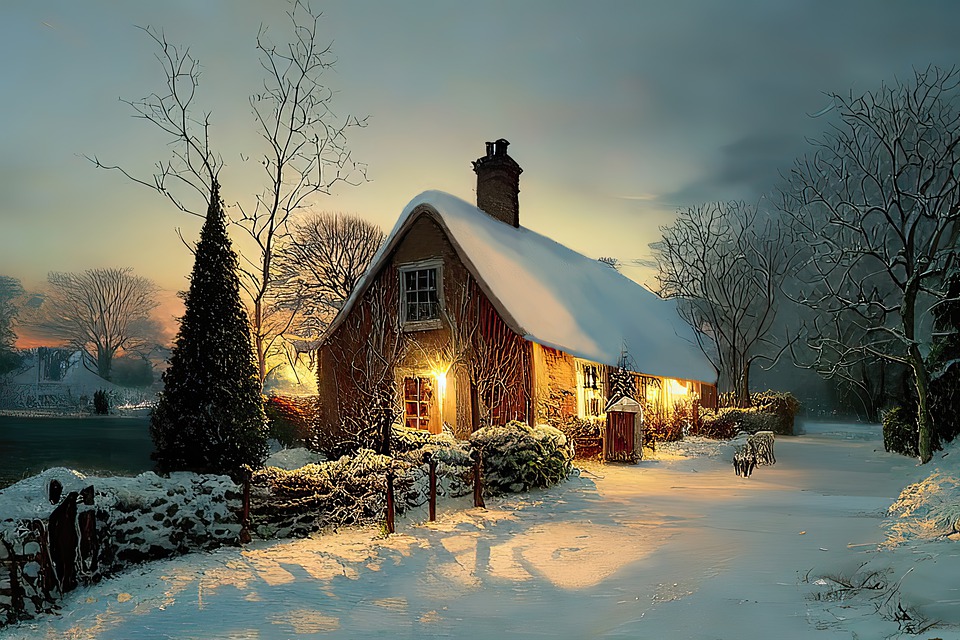They are just tiny ice crystals, but they are capable of infusing feelings and memories. Millions of people expect snow at these latitudes. if I were Snowville Or you belong to that group of people who find it a nuisance. There is no denying that snow makes us kids again. So much so that many writers have spoken of her as A true natural work of art.
The snow
Of snowflakes, we know best the classic six-sided tree shape, which features elaborate, almost symmetrical branches. Dendritic form is the study of water chemistry. When ice forms at the molecular level, the angle between the hydrogen and oxygen atoms will always be 120 degrees; Putting three of them together, we get a whole ring of molecules with a six-sided structure. In fact, every time a water molecule sticks to this ring, it does so at the same angle.
As the snowflake grows, the attachment of the water molecules is determined by temperature he is frommoisture Donates. Since these features do not change much as the snowflake gets larger, these connections tend to occur evenly across the six points of the hexagonal flakes.
Molecule by molecule, the snowflake is growing and finally starting to fall. This takes the crust to a new part of the atmosphere where the temperature and humidity are different, creating new ice structures while maintaining the same set of angles.
Is every snow globe really unique?
A typical dendrite consists of approx quintillion of individual water molecules. Due to the subtle changes in temperature and humidity, and the large number of molecules and bonding opportunities involved, the ice structures created can be incredibly diverse and complex.
Because of this, it’s entirely possible that snowflakes may not form in exactly the same way, and thus No two snowflakes are alike.
In contrast to the laboratory, where by strictly controlling the temperature and humidity, it was possible to produce double wafers.
snow cap
Snow crystals never end in clouds. As they hit the ground and huddle in the snow cover, they begin to change shape.
Freshly fallen snow tends to be light and fluffy because the flakes take up a lot of space and there is a lot of air between them and them. But over time, it decomposes, compresses and thickens.
This process is known as sintering It is useful to build such snow shelters igloo. But some of the most notable changes occur at the bottom of the snowpack, where the Earth’s latent heat interacts with the cooler air above.
through this process sublimation – water molecules pass directly from ice to vapor, bypassing the liquid phase – and upon refreezing, cup-shaped crystals a few centimeters in diameter known as deep frost. Despite the beauty of appearance, deep frost has a low intensity, and when it forms on a steep slope, there is a possibility that the snow mass will slide inside. Avalanche.
Finally, next time it snows in your city, watch a snowflake land on your mitten, because you’re almost guaranteed to see a formation no one has seen before.

“Wannabe internet buff. Future teen idol. Hardcore zombie guru. Gamer. Avid creator. Entrepreneur. Bacon ninja.”

